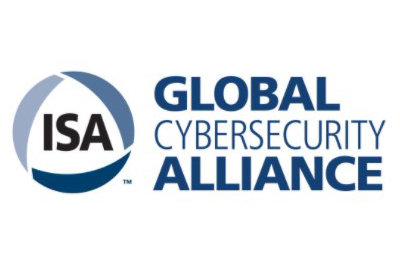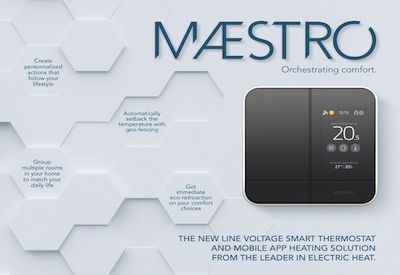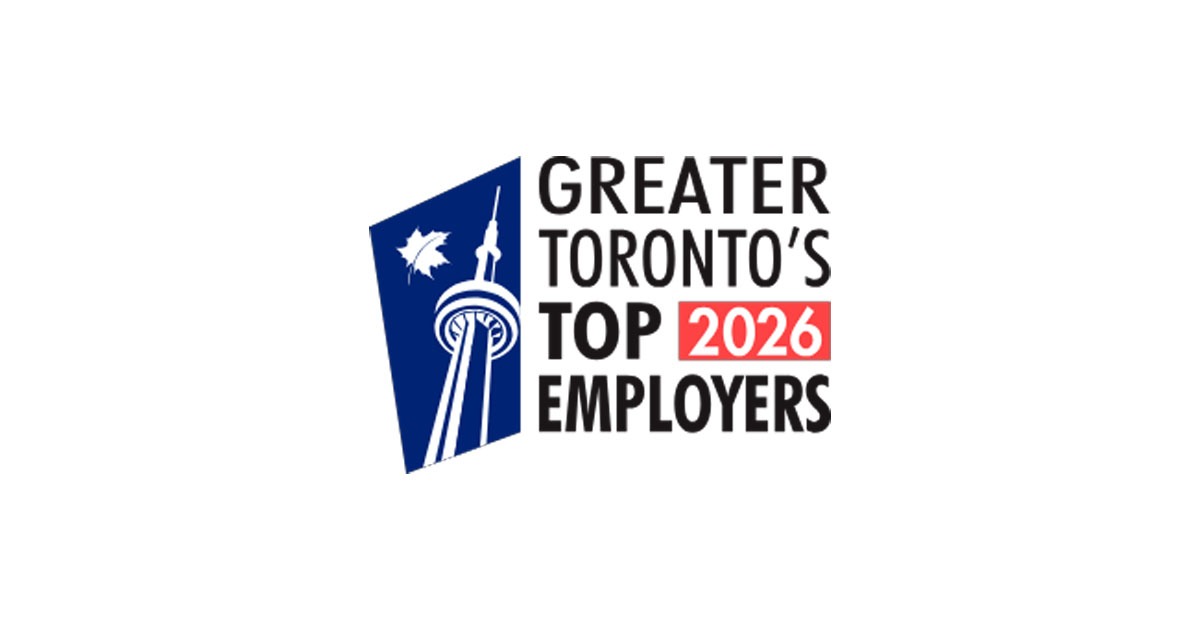ISAGCA and ISA Security Compliance Institute Release Joint Study on IIoT Product Certifications Based on the ISA/IEC 62443 Standard

Oct 27, 2021
The ISA Global Security Alliance (ISAGCA) and the ISA Security Compliance Institute (ISCI) have announced the release of a co-sponsored Industrial Internet of Things (IIoT) product certification study entitled, “IIoT Component Certification Based on the ISA/IEC 62443 Standard.”
The report, the first in a two-part study, evaluates the urgent need for industry vetted IIoT product certification programs, with the goal of determining the applicability of the ISA/IEC 62443 series of standards and certifications to commercial off-the-shelf (COTS) IIoT components and gateways.
The second part of the study, due out later this year, answers the same questions for IIOT system offerings (solutions) and analyzes the use of IIOT solutions for process control.
“During a certification roadmap meeting two years ago, ISCI asset owners noted the high volume of new IIoT offerings from the supplier community and sought a standards-based scheme for certifying the cybersecurity of these new offerings,” said ISA Managing Director Andre Ristaino, who oversees both ISAGCA and ISCI. “Our supplier members were equally interested in this, so ISAGCA and ISCI jointly funded the two-part study to answer the questions.”
In 2016, ISCI completed a rigorous study on the applicability of ISA/IEC 62443 to automation and control systems in smart building technology. The positive report conclusions were vetted by smart building subject matter experts, resulting in the accelerated adoption of the ISA/IEC 62443 standards by product suppliers in this industry sector.
“As an organization, we are committed to reporting on the applicability of this powerful series of standards to new industry sectors and publicly sharing the results,” said Eric Cosman, ISA99 Committee Co-chairman. “Through the results of these rigorous studies, we are able to confirm the broad applicability of these standards to many technologies and sectors.”
You can download the study here.











